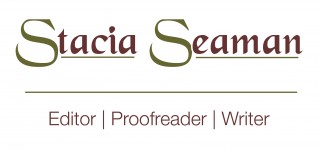Joy, for it is Saturday. Fingers crossed that my boys play well tomorrow ![]()
First the way cool news: Book three in a series I’ve been editing has just been released, and it’s on the NY Times bestsellers list! How cool is that?
Second: Reporting of the Cassie Edwards plagiarism “incident” is gaining steam; there’s an article about it in The New York Times.
I would like to see this turn into the catalyst for discussion among readers of what plagiarism is and why it’s wrong. Unfortunately, from what I’ve seen, many readers are choosing instead to attack Nora Roberts for speaking out, saying that since she’s not involved in this she should have kept her mouth shut.
Sidebar: Quite frankly this astonishes me, because Nora Roberts has herself been a victim of plagiarism (Google Nora Roberts Janet Dailey plagiarism if you’re not familiar with this). Cassie Edwards’s publisher had initially issued a statement brushing off the plagiarism claims; it was not until Nora Roberts went public that the publisher backed off and announced it was going to review all books by Edwards. Why is this important? Because Edwards and Roberts have the same publisher, and you can’t have it both ways: it can’t be plagiarism when someone steals from your author, but fair use when your author steals from someone else.
But yes, I think it would be wonderful if more readers were aware of what plagiarism is and why it’s wrong. So many readers seem to think it’s perfectly okay to quote nonfiction sources verbatim without attribution because “it’s just saying a fact.” The irony here is that while most of these people seem to think that using an academic source without attribution in a work of fiction is fine, academia is the setting where plagiarism is perhaps the worst possible sin.
